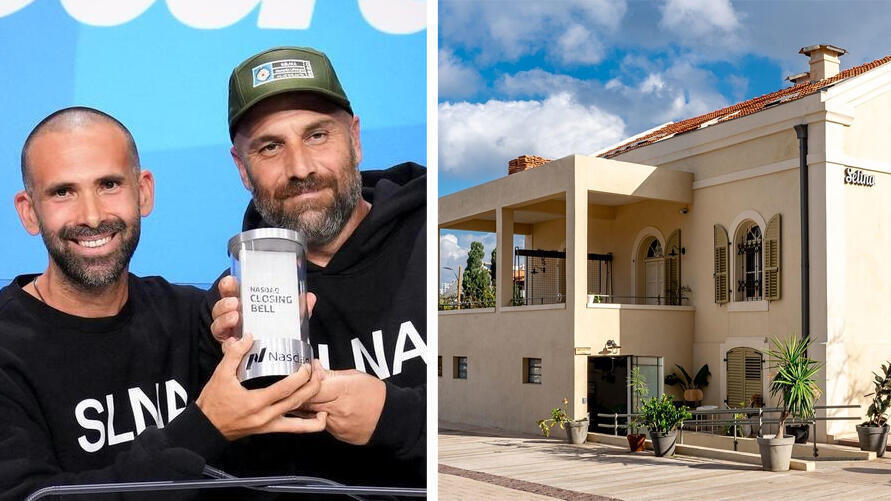Getting your Trinity Audio player ready...
Vacation facilitator Selina Israel is set to lay off dozens of employees and scale back operations. The group is in negotiations to return unprofitable assets. In Israel, it employs about 400 workers and operates 9 sites, including the hotel on the Tel Aviv beach, which is currently struggling due to low occupancy in the city.
The assets are not owned by Selina; rather, it rents them from their owners or operates them in collaboration with the owners. The network is currently in negotiations with some of the property owners to cease its operations there and terminate the lease agreements. Six of the properties are pledged to the Hagag Group, which located and converted sites for Selina. Some are owned by others, such as the hotel in Tel Aviv, whose building belongs to oligarch Roman Abramovich. The complex in Beit Oren in northern Israel is owned by Mosh Ben Ari and Uri Gottlieb, and the resort complex by the Sea of Galilee is owned by a private individual. In Ramon Crater, the sites belong to entrepreneur Sami Al-Karinawi. Operations in Israel have been profitable in the past.
'Selina Israel, regardless of the situation of the British parent company, is experiencing difficulties due to the war'
Rafi Museri, founder of Selina, told Ynet: "Selina Israel, regardless of the situation of the British parent company, is experiencing difficulties due to the war. People are calling the hotels and asking if Selina is closing. This is not true. We are executing a recovery plan, making adjustments, but the intention is to continue operating Selina Israel. We are attempting an efficiency process and will reduce HQ operating costs."
According to Museri, "We are in negotiations to return two unprofitable sites and reduce rents. No one predicted the war would last almost 10 months. All hotel owners and operators are experiencing this event. There are no tourists. Overnight stays in Tel Aviv have dropped by 60%."
Museri added: "According to our work plan, we were supposed to have revenues of $3.3 to $3.6 million a month in Israel. Because of the war, we are seeing revenues of $1.6 to $1.9 million. Israelis fill our sites on weekends, but weekdays are all-but-depleted. Alongside the absence of tourists, high-tech companies are also cutting expenses – there is less energy for fun days."
RIght now, the fate of Selina remains unclear. The board of directors of the parent company registered in Britain announced last week that the parent company had reached insolvency after its losses continued, and it recorded an accumulated deficit of $725 million. External managers have now been appointed to examine various solutions – including the sale of all or part of the subsidiaries. Museri claims that the insolvency process is solely for the parent company, but if a solution is not found, it could also affect the subsidiaries.



